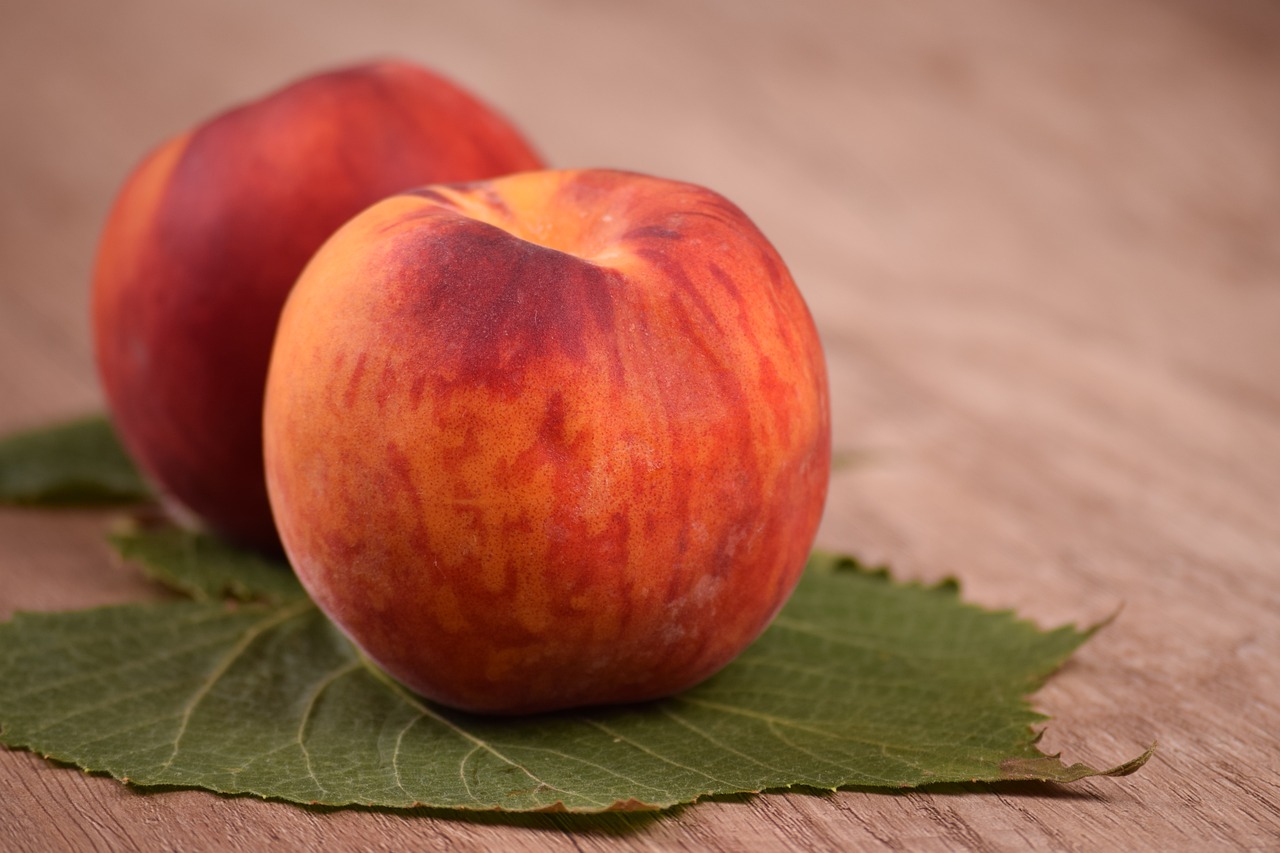As our understanding of nutrition evolves, so too does our approach to food. The movement towards whole foods—unprocessed and unrefined ingredients—has gained momentum, drawing attention to their role in promoting better health and sustainability. This blog will delve into the world of whole foods, exploring their benefits, practical applications, and how they can transform your diet for the better.
What Are Whole Foods?
Whole foods are natural food items that are not processed or refined and are free from artificial substances. They include fruits, vegetables, grains, nuts, seeds, and legumes. Unlike many processed foods laden with preservatives and additives, whole foods maintain their original nutritional profiles.
Types of Whole Foods
- Fruits and Vegetables: Fresh produce that is eaten raw or cooked.
- Whole Grains: Foods like brown rice, quinoa, and whole-wheat bread.
- Nuts and Seeds: Almonds, walnuts, chia seeds, and flaxseeds.
- Legumes: Beans, lentils, and peas that are rich in protein.
Benefits of Consuming Whole Foods
Incorporating whole foods into your diet comes with numerous advantages that can enhance overall health.
Health Benefits
- Nutrient-Dense: Whole foods are packed with essential vitamins, minerals, and antioxidants.
- Weight Management: Higher fiber content helps keep you full longer, making it easier to manage your weight.
- Reduced Disease Risk: Studies have shown that a diet rich in whole foods is linked to a lower risk of chronic diseases such as heart disease and diabetes.
Mental Well-Being
Recent studies indicate a possible connection between diet and mental health.
- A diet high in whole foods may reduce symptoms of depression and anxiety.
- Antioxidants found in fruits and vegetables can combat oxidative stress, potentially enhancing cognitive function.
How to Incorporate Whole Foods into Your Diet
Making the transition to a whole-foods-focused diet can feel challenging, but with practical steps, it can be seamless.
Start Small
- Swap Processed for Whole: Replace white rice with brown rice or quinoa.
- Add Fruits and Vegetables: Aim to fill half your plate with fruits and veggies at every meal.
- Snack Wisely: Choose whole food-based snacks like nuts, seeds, or fruit over processed snacks.
Meal Planning Tips
- Set aside time each week to plan your meals around whole foods.
- Create a grocery list focused on the produce section and bulk bins.
- Batch cook whole grains or legumes to incorporate into quick meals throughout the week.
Challenges and Considerations
While adopting a whole foods diet offers significant benefits, it is important to recognize potential challenges and how to navigate them.
Accessibility and Costs
- Seasonal Shopping: Buy in-season produce to reduce costs.
- Local Markets: Explore local farmer’s markets for fresh and affordable options.
- Bulk Buying: Purchase grains, beans, and nuts in bulk to save money.
Balancing Convenience and Nutrition
In a fast-paced world, convenience often wins out. Here are some tips to maintain a balance:
- Keep pre-washed salad greens and cut vegetables on hand for quick meals.
- Invest in a slow cooker or instant pot for easy, nutritious meals.
- Explore frozen whole foods options that are just as nutritious as fresh.
Conclusion
Incorporating whole foods into your diet can significantly enhance your health, well-being, and even your mental clarity. By understanding the various types of whole foods, their numerous benefits, and practical tips for integrating them into your daily meals, you can make informed choices that support your nutritional needs. Embrace the whole foods lifestyle—your body will thank you!






